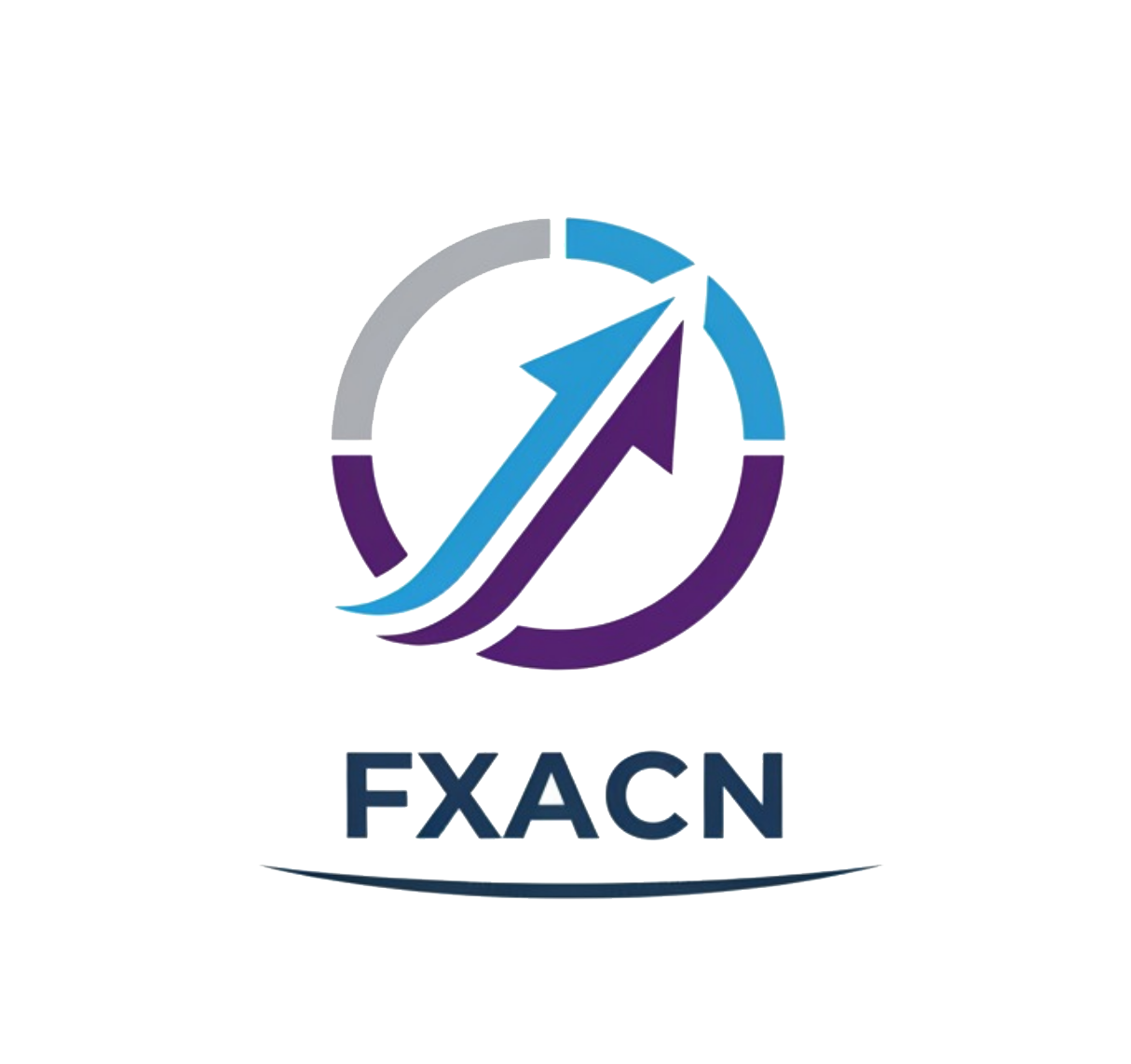Introduction
Admiral Markets, now known as “Admirals,” is a well-established forex and CFD broker that has been providing trading services since its inception in 2001. With a focus on providing a diverse range of financial instruments and robust trading platforms, Admiral Markets has garnered a significant presence in the global trading landscape. However, as with all forex brokers, traders must exercise caution and conduct thorough evaluations before committing their capital. The forex market is decentralized and can be ripe for fraudulent activities, which necessitates a cautious approach when selecting a broker. In this article, we have conducted an extensive investigation of Admiral Markets, utilizing multiple sources and regulatory insights to assess its credibility and safety for traders.
Regulation and Legitimacy
The regulatory framework is crucial in determining whether a forex broker is safe to trade with. Admiral Markets operates under multiple licenses across various jurisdictions, which adds layers of security for its clients. Below is a summary of the regulatory information relevant to Admiral Markets:
| Regulatory Authority | License Number | Regulatory Region | Verification Status |
|---|---|---|---|
| FCA | 595450 | United Kingdom | Verified |
| ASIC | 410681 | Australia | Verified |
| CySEC | 201 / 13 | Cyprus | Verified |
| JSC | 57026 | Jordan | Verified |
| FSA | 51311 | South Africa | Verified |
Quality of Regulation
Admiral Markets is regulated by top-tier authorities such as the Financial Conduct Authority (FCA) in the UK and the Australian Securities and Investments Commission (ASIC). These organizations enforce stringent regulations aimed at safeguarding client funds through practices like segregating client deposits in separate accounts. Such regulatory oversight ensures that brokers adhere to high standards of conduct and transparency. Throughout its operational history, Admiral Markets has maintained a clean compliance record with these agencies, further reinforcing its legitimacy.
Corporate Background Investigation
Admiral Markets was founded in Tallinn, Estonia, in 2001. Over the years, it has expanded its footprint to serve clients across more than 130 countries, establishing offices in the UK, Australia, Cyprus, and Jordan, among others. The ownership structure of the broker is publicly disclosed, and its management team boasts extensive expertise in finance and trading, further solidifying its reputation as a trusted broker. The company has undergone a rebranding to “Admirals” to enhance its global image and align more closely with its trading offerings and technology.
The corporation operates under a commitment to transparency, regularly publishing financial reports and updates relevant to its stakeholders. This openness strengthens user trust and aligns with regulatory expectations. Traders can access detailed information about the company’s background, safeguarding their decision to engage with the broker.
Trading Conditions Analysis
Turning to Admiral Markets’ trading conditions, the broker offers a transparent pricing structure. The overall cost of trading includes spreads, commissions, and overnight interest. Here’s a breakdown of the costs compared to industry averages:
| Cost Type | Admiral Markets | Industry Average |
|---|---|---|
| Major Currency Pair Spread (EUR/USD) | 0.5 pips | 0.6 pips |
| Commission Model | Commission-free | Variable |
| Overnight Interest Range | Varies | Varies |
Fee Structure
Admiral Markets generally maintains competitive spreads, particularly for popular currency pairs, which can be as low as 0.5 pips. The commission-free structure on many accounts is appealing, although some account types may incur fees, especially with lower trading volumes. Traders should be cautious of any inactivity fees, which may apply after a period of dormancy, as such fees can add to the overall trading costs.
Client Funds Safety
The safety of client funds is paramount when evaluating a broker. Admiral Markets takes several measures to secure client investments. Notably, client funds are kept in segregated accounts at reputable banks, meaning they are not commingled with the company’s operational funds. Additionally, the broker offers negative balance protection, ensuring that clients cannot lose more than their initial investment. In terms of investor protection, clients registered under regulations from the FCA may benefit from coverage of up to £85,000, while those under CySEC enjoy compensation up to €20,000 in case of insolvency.
Despite these robust safety nets, it’s prudent for clients to stay informed about the financial health of their broker and to be aware of withdrawal processes to manage their funds effectively. Historically, there have been no significant security breaches reported against Admiral Markets, which reinforces its status as a reliable trading platform.
Customer Experience and Complaints
Examining customer feedback, it becomes evident that Admiral Markets has generally received positive reviews, yet no broker is devoid of criticism. Common complaints include issues with account verification processes, withdrawal times, and occasional reports of technical glitches on trading platforms. Here is a summary of the main areas of complaints:
| Complaint Type | Severity Level | Company Response |
|---|---|---|
| Withdrawal delays | Moderate | Timely response |
| Account verification issues | High | Generally responsive |
| Platform stability | Moderate | Actively addressed |
Case Studies
- Withdrawal Delays – A user reported experiencing extended waiting periods for funds to be processed. While the broker responded promptly to inquiries, delays still led to frustration among affected clients.
- Technical Glitches – Another trader highlighted glitches during volatile market conditions, which historically have hindered effective trading. The broker’s customer service addressed these incidents, though concerns about stability remained.
Platform and Trade Execution
The trading platforms offered by Admiral Markets—primarily MetaTrader 4 (MT4) and MetaTrader 5 (MT5)—are highly regarded in the industry for their functionality and reliability. The platforms are user-friendly, allowing traders to execute trades swiftly and effectively. However, there have been occasional reports of slippage during high-volatility conditions. This can happen due to fast market movements leading to differences between expected and actual execution prices.
Evaluation of Execution Quality
Admiral Markets executes the majority of orders within milliseconds, boasting a high execution speed that enhances trading potential. However, traders should remain mindful of potential slippage, especially during harmful market events, and look for the best account type that matches their trading strategy.
Risk Assessment
In assessing the risks associated with Admiral Markets, traders should consider the following risk factors:
| Risk Category | Risk Level | Brief Explanation |
|---|---|---|
| Regulatory risks | Low | Strong regulatory oversight |
| Operational risks | Medium | Possible technical issues during high volatility |
| Financial risks | Low | Negative balance protection in place |
Mitigation Recommendations
- Stay Informed: Regularly check regulatory updates and broker news.
- Withdraw Regularly: Periodically take profits to mitigate losses during downturns.
- Utilize Demo Accounts: Experiment with trading strategies in a risk-free environment before going live.
Conclusion and Recommendations
Based on the comprehensive analysis, Admiral Markets is considered safe for trading, with robust regulatory oversight and solid financial security measures in place. There are no significant indications of fraudulent activities within its operations. Nonetheless, potential traders should be mindful of certain factors like withdrawal policies and any reported account issues.
For retail traders seeking a reliable broker, Admiral Markets seems to be a suitable option, especially for those interested in forex or CFD trading. If you are looking for alternatives, consider brokers that also offer strong regulatory oversight and excellent trading conditions without the limitations noted in this assessment, such as IG Markets or OANDA. Investing in proper research and thorough understanding before opening an account will always mitigate the risks associated with trading platforms, making your trading journey as safe and profitable as possible.
In conclusion, is Admiral Markets safe? Yes, it is generally regarded as a trustworthy broker, offering competitive conditions while adhering to high regulatory standards.


